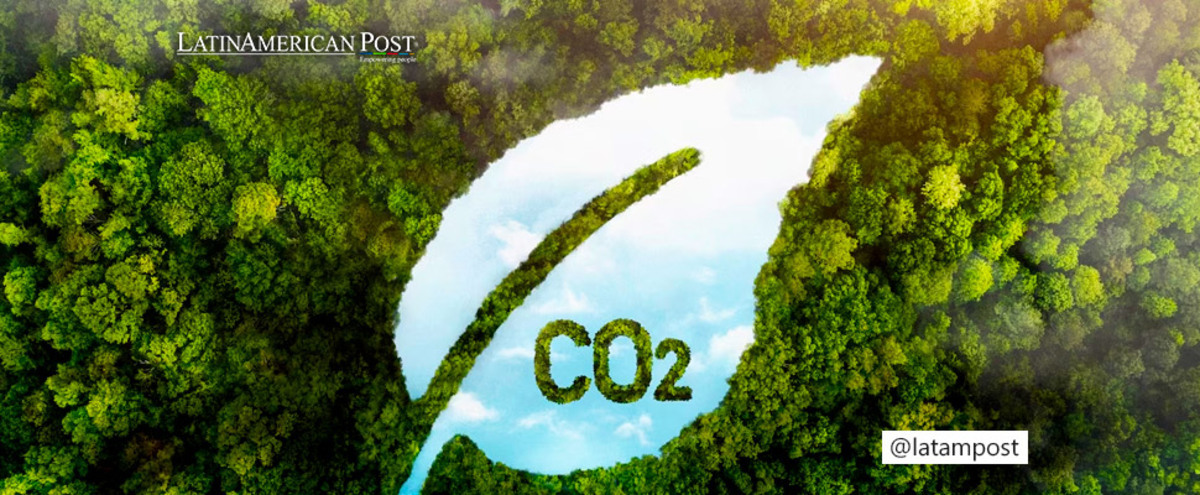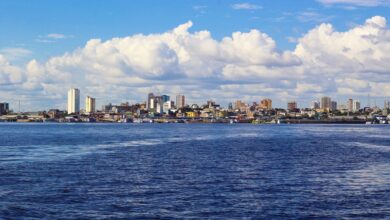Infographic: Climate Change: What Would be the Debt of the Countries for their CO2 Emissions?
Rich countries would have to pay $170 trillion by 2050 to offset their excess CO₂ emissions. But not only the countries of the global north would have to pay due to climate change, many Latin Americans too.

Photo: Freepik
LatinAmerican Post | María Fernanda Ramírez Ramos
Escucha este artículo
Leer en español: Infografía: Fondo de compensaciones: ¿cuál sería la deuda de los países por sus emisiones de CO2?
When climate justice is discussed, the need to create a compensation and reparation fund is on the table. It is a proposal that seeks that the industrialized countries, which have polluted the atmosphere the most and causing climate change, pay the countries with fewer economic resources for the damage they have caused to the earth. Paradoxically, it is the smallest countries, which are least responsible for pollution, those that suffer the most and will suffer the effects of global warming. The issue was brought up for talks in 1991 by a coalition of small islands, led by Vanuatu.
Also read: Infographic: The Citizens of Which Countries Care The Most About the Environment?
In this way, the richest and most industrialized countries should contribute money to a compensation fund that would distribute the resources to the countries with the lowest income to finance their green transition and facilitate their adaptation to climate change. At COP27 in Egypt, it was agreed to design said Loss and Damage Fund. Although this proposal is increasingly taking shape and advancing further, with pressure from the countries of the global south, there are still unknowns to be resolved. What is the fair compensation that rich countries should pay for polluting the atmosphere? An article published in the Nature Sustainability Magazine seeks to answer these questions.

“If we are asking nations to quickly decarbonise their economies, even if they bear no responsibility for the excess emissions that destabilize the climate, it is a matter of climate justice that they be compensated for this unfair burden,” says Andrew Fanning, director of the research, who is a professor at the University of Leeds. In fact, the researchers of the study raise the concept of "colonization of the atmosphere" to refer to how the countries of the global north, the richest and most industrialized, have appropriated a common benefit.
Likewise, climate justice is based on the fact that the atmosphere, and the planet in general, is a common good. In this way, those who have harmed it the most are those who have the most responsibility today to contribute to solutions. If we add to this that the countries most affected are also the most vulnerable in other areas and those with the least money to finance their energy transition, the compensation fund makes even more sense.




